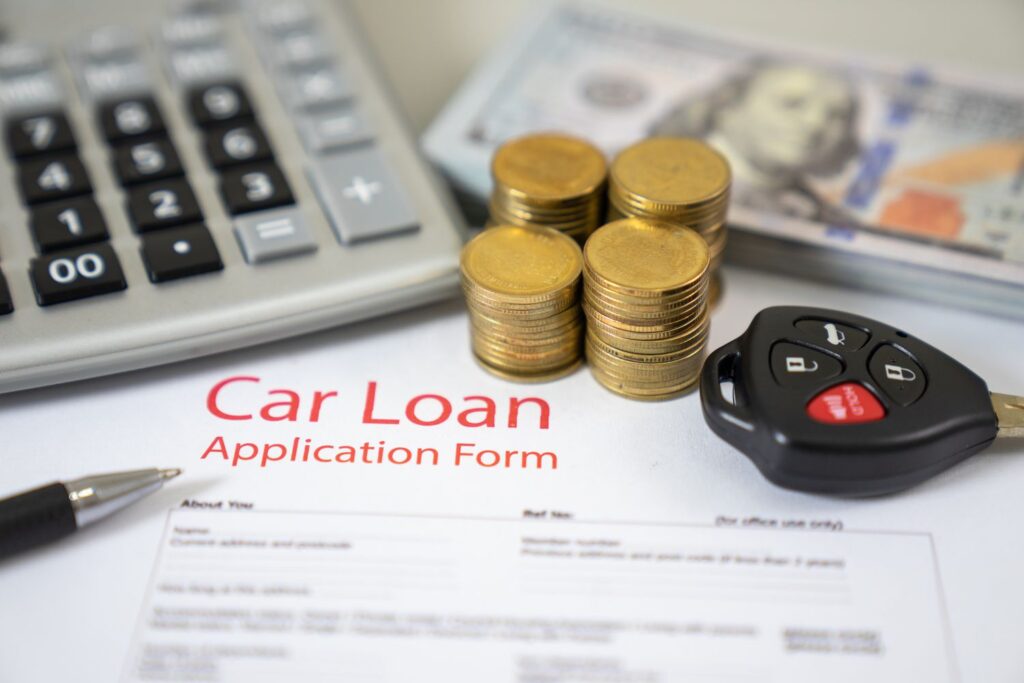Purchasing a car is a significant financial investment, and for many individuals, securing a car loan is the most feasible way to afford one. However, getting approved for a car loan can sometimes be a challenging process, especially if you are unaware of the key factors lenders consider. This comprehensive guide will walk you through everything you need to know to qualify for a car loan easily, ensuring you can drive away in your dream vehicle without unnecessary stress.
1. Understand Car Loan Requirements
Before applying for a car loan, it’s essential to understand the basic requirements set by lenders. Generally, lenders assess the following criteria:
- Credit Score: A higher credit score increases your chances of approval and can lead to better interest rates.
- Income Stability: Lenders want to ensure you have a steady income to make monthly payments.
- Debt-to-Income Ratio (DTI): A lower DTI shows that you have sufficient income to handle additional debt.
- Employment History: A stable job history demonstrates financial reliability.
- Down Payment: Having a down payment reduces the lender’s risk and can improve approval chances.
- Co-Signer (if needed): A co-signer with good credit can help if your credit history is weak.
2. Improve Your Credit Score
Your credit score plays a crucial role in car loan approval. Here’s how you can improve it before applying:
- Check Your Credit Report: Obtain a free copy from major credit bureaus and dispute any errors.
- Pay Bills on Time: Late payments negatively impact your credit score.
- Reduce Outstanding Debt: Lowering credit card balances and paying off existing loans can improve your score.
- Avoid New Credit Applications: Too many recent credit inquiries can lower your score temporarily.
- Increase Credit Utilization Ratio: Try to keep your credit card utilization below 30% of your total limit.
3. Assess Your Budget
Before applying for a loan, determine how much you can afford. Consider:
- Monthly Payment: Use online car loan calculators to estimate your payments.
- Interest Rates: Higher rates lead to higher payments; research current rates before applying.
- Loan Term: Shorter terms have higher monthly payments but lower overall interest.
- Additional Costs: Factor in insurance, maintenance, fuel, and registration fees.
4. Save for a Down Payment
A substantial down payment improves your approval chances and reduces loan costs. Benefits include:
- Lower Loan Amount: Borrowing less reduces the interest paid over time.
- Better Interest Rates: Lenders may offer better rates for higher down payments.
- Increased Approval Odds: A larger down payment reassures lenders of your financial stability.

5. Choose the Right Lender
Different lenders have varying approval criteria and interest rates. Consider these options:
- Banks: Traditional banks offer competitive rates but require good credit scores.
- Credit Unions: Often provide lower rates and flexible terms.
- Online Lenders: Offer quick approvals and varying rates depending on your credit profile.
- Dealership Financing: Convenient but may have higher interest rates.
Compare loan offers from multiple lenders to secure the best terms.
6. Get Pre-Approved
Pre-approval gives you a clear picture of your loan eligibility and the amount you can borrow. Benefits include:
- Stronger Negotiating Power: Knowing your budget helps in negotiations with car dealers.
- Faster Loan Processing: Pre-approval speeds up the final loan process.
- Better Financial Planning: Helps you choose a car within your budget.
7. Prepare Your Documents
Lenders require specific documents to process your loan application. Common documents include:
- Proof of Income: Recent pay stubs or tax returns.
- Employment Verification: Letter from your employer or bank statements.
- Credit History Report: Some lenders may request this directly.
- Proof of Residence: Utility bills or rental agreements.
- Identification: Driver’s license or passport.
Having these documents ready speeds up approval.
8. Consider a Co-Signer
If you have a low credit score or limited credit history, a co-signer can improve approval chances. A co-signer should:
- Have a Strong Credit Score: A higher score boosts credibility.
- Be Financially Stable: A co-signer should have a stable income and low debt.
- Understand Their Responsibility: Co-signers are equally liable for loan repayment.
9. Avoid Common Loan Mistakes
To enhance approval chances, avoid these mistakes:
- Applying for Multiple Loans at Once: Multiple hard inquiries can lower your credit score.
- Over-Borrowing: Taking a loan larger than your budget can lead to financial strain.
- Ignoring Loan Terms: Read and understand all terms, including hidden fees.
- Skipping a Down Payment: A zero down payment may lead to higher interest rates.
10. Finalize Your Loan and Buy Your Car
Once approved, carefully review the loan agreement. Check for:
- Loan Term and Interest Rate: Ensure they match what was initially discussed.
- Monthly Payment and Due Dates: Confirm repayment schedules.
- Prepayment Penalties: Some lenders charge fees for early repayment.
Once satisfied, sign the loan agreement and proceed with your car purchase.
Conclusion
Qualifying for a car loan doesn’t have to be a complicated process. By improving your credit score, saving for a down payment, selecting the right lender, and preparing necessary documents, you can enhance your chances of approval. Being financially responsible and informed about loan terms ensures you get the best deal possible. Follow these steps, and you’ll be on your way to owning your dream car with ease
